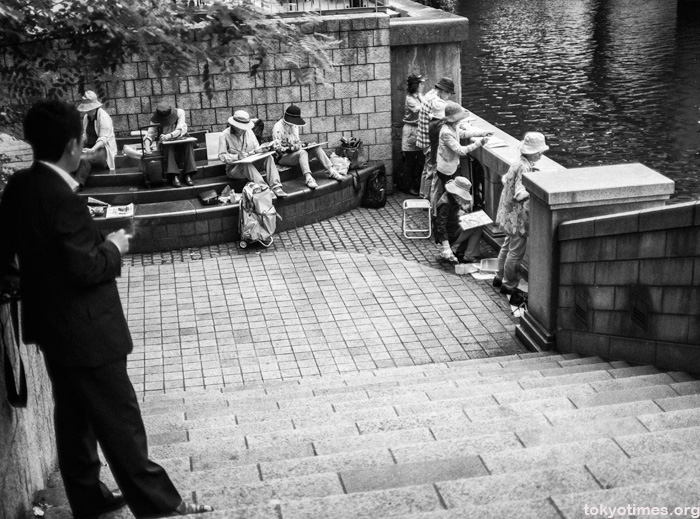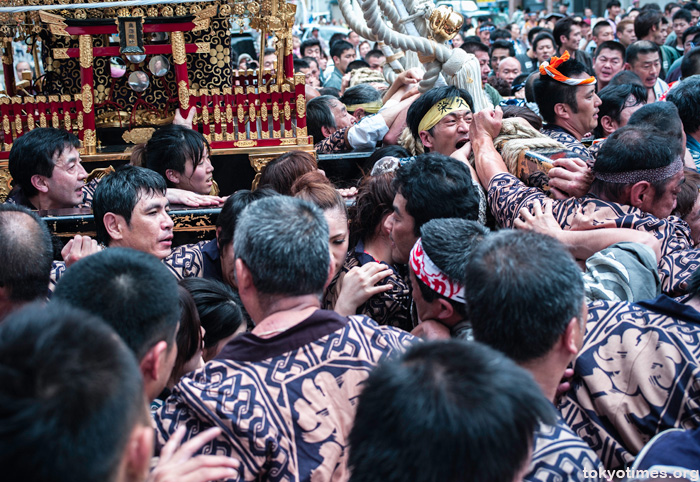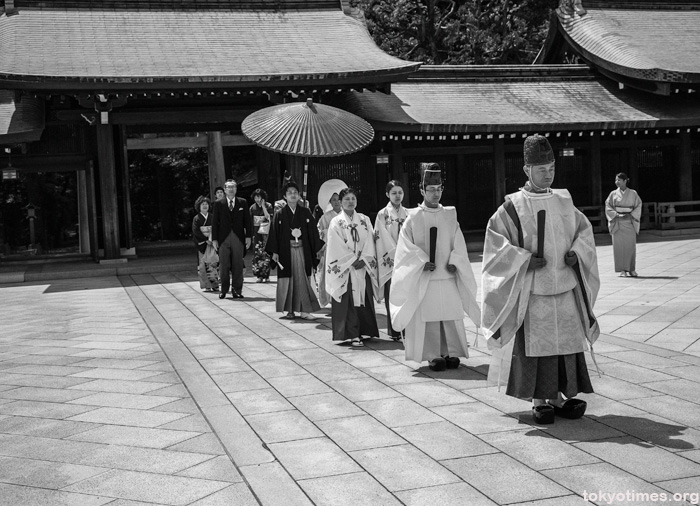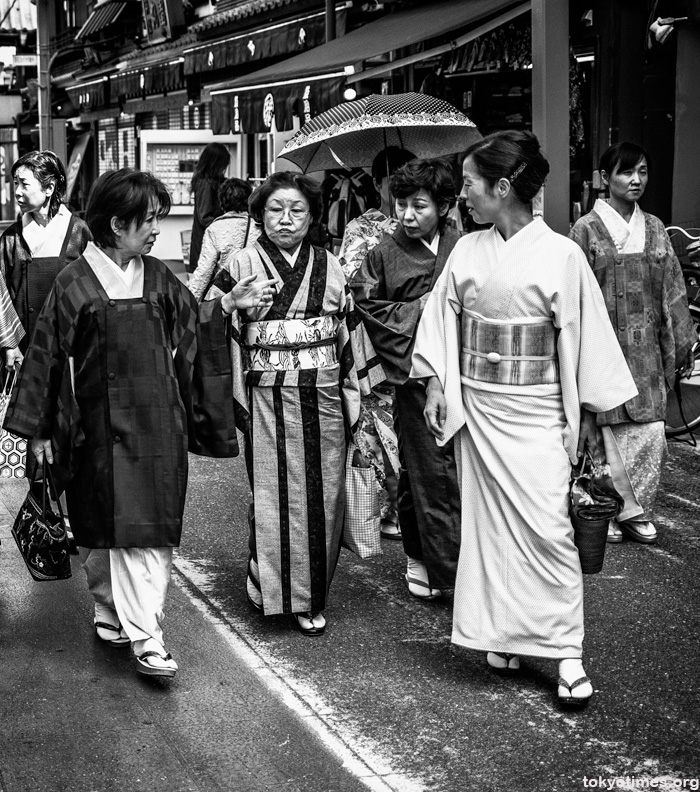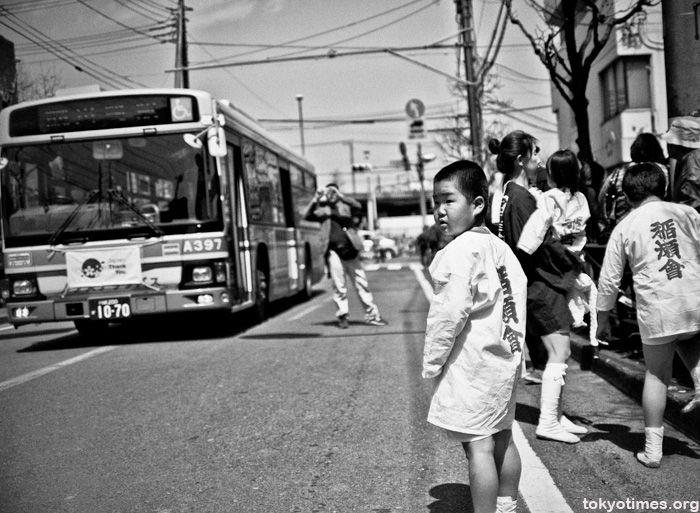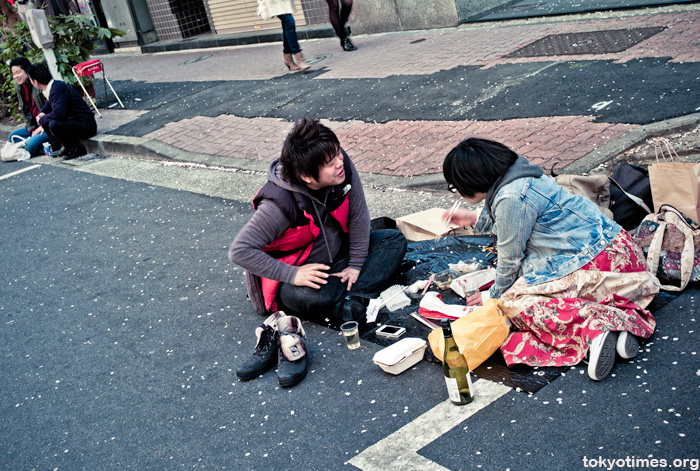In many ways things have changed, but for older generations of Japanese, the lives of men and women are/were very different — both in regards roles and responsibilities. A gap that sometimes isn’t all that obvious, but then at other times seems like an almost insurmountable gulf.
